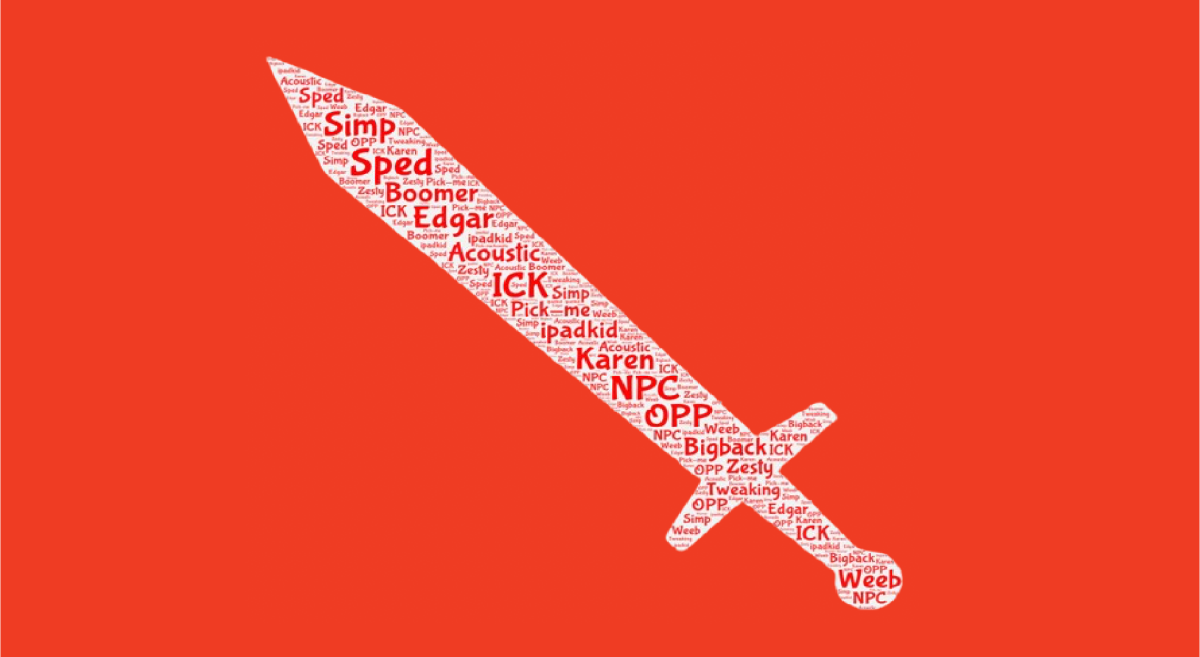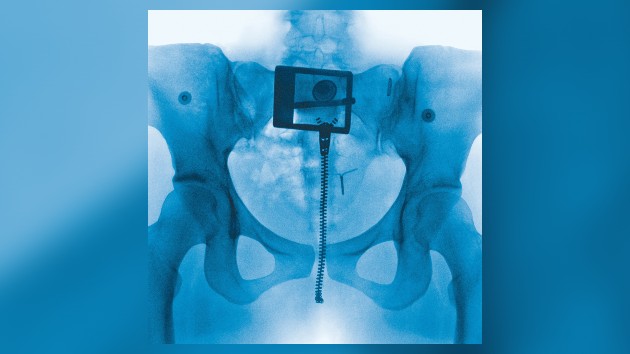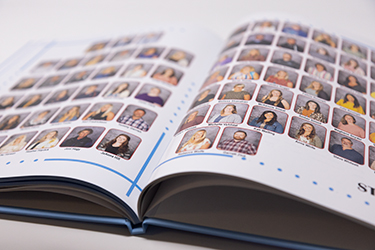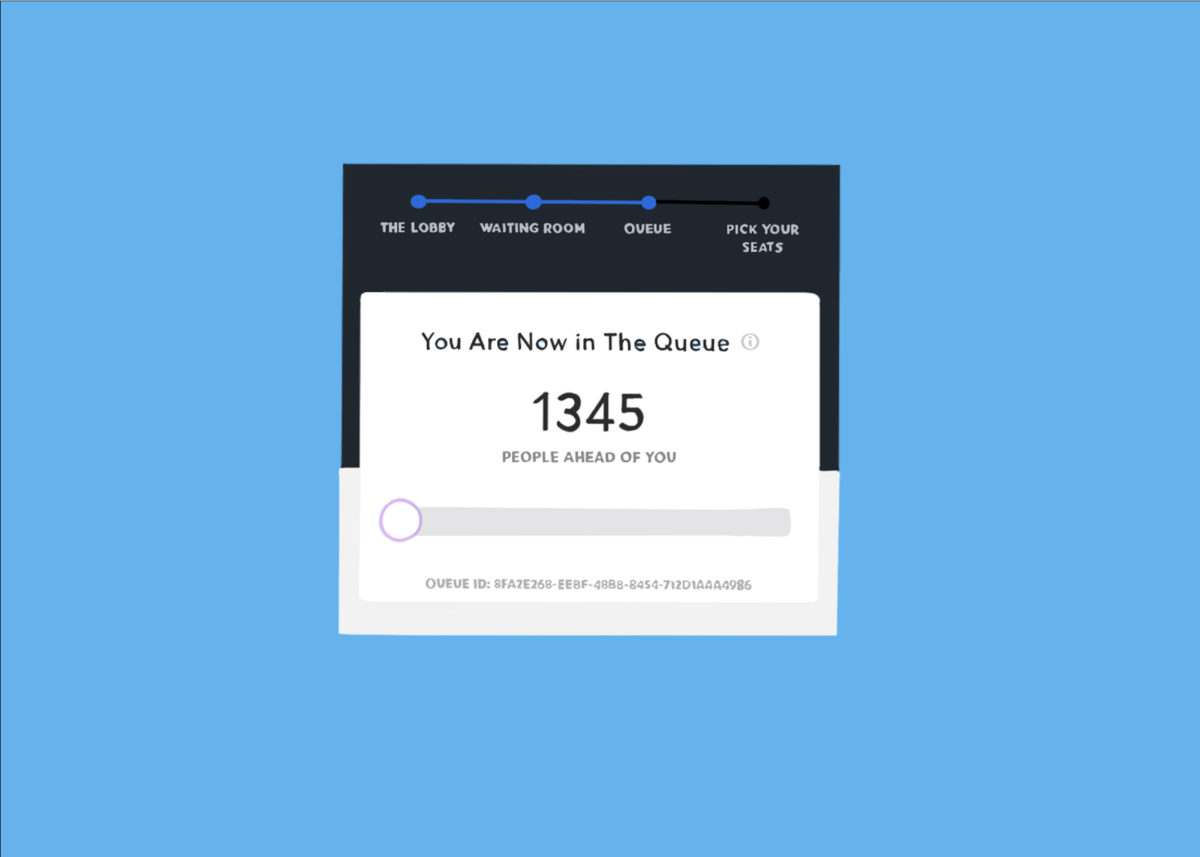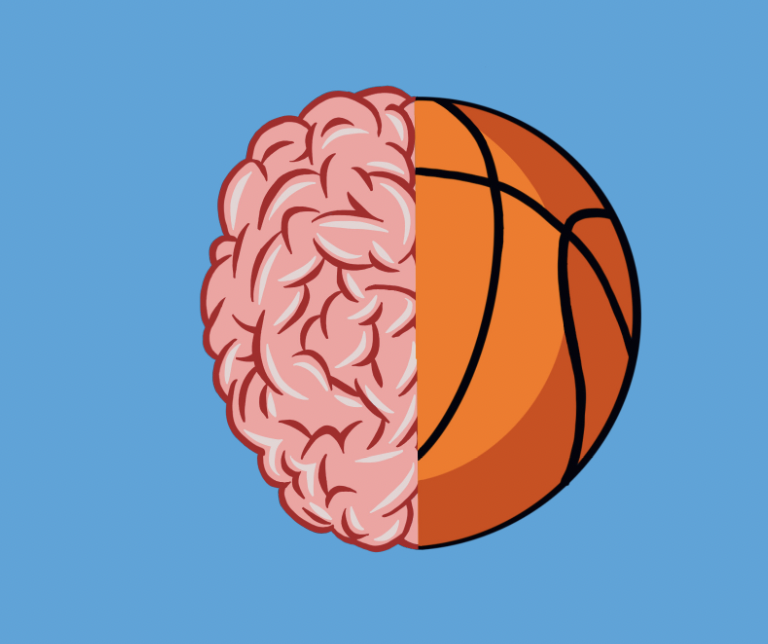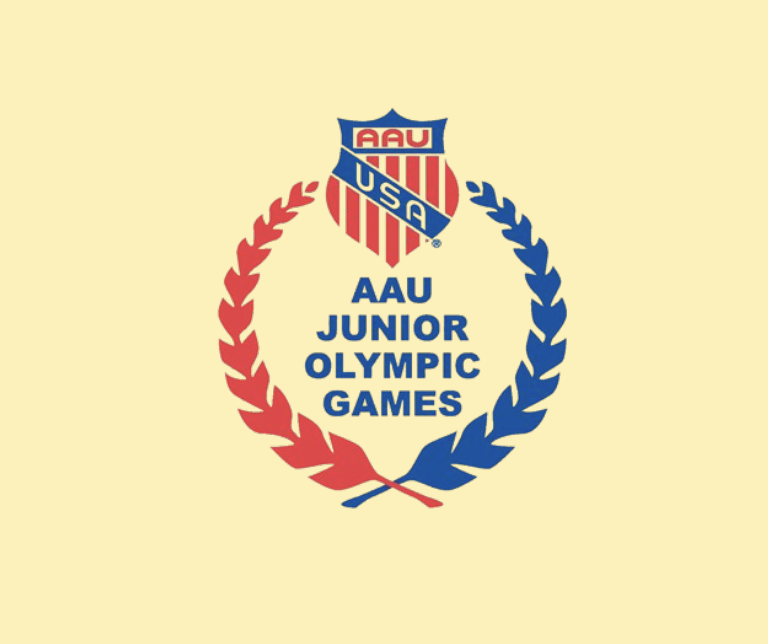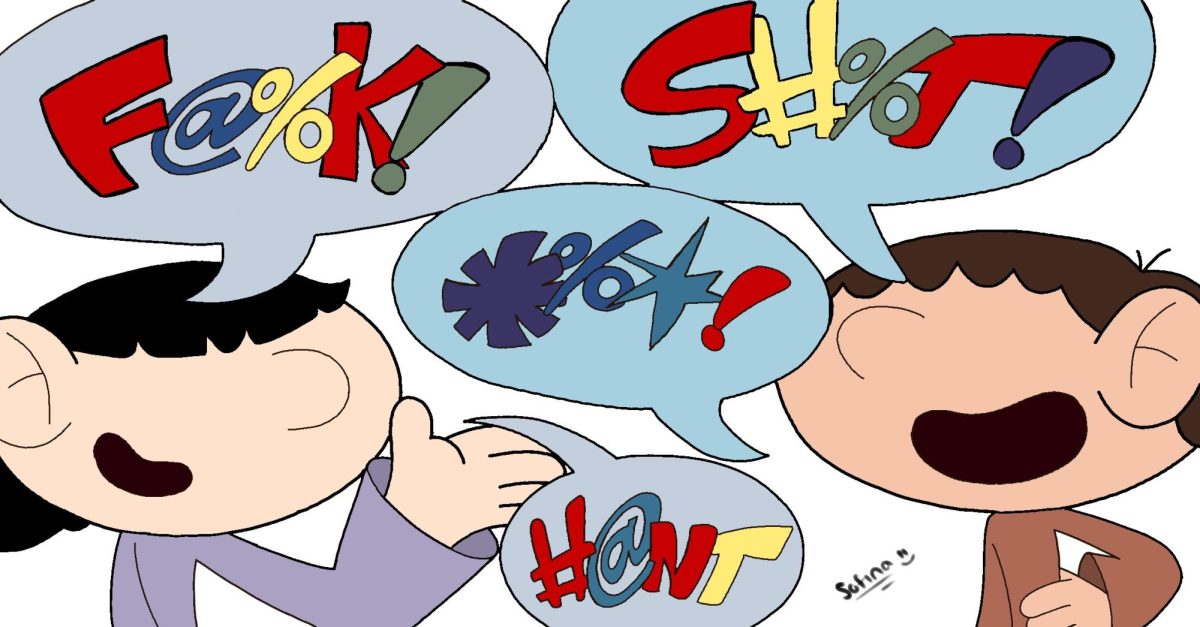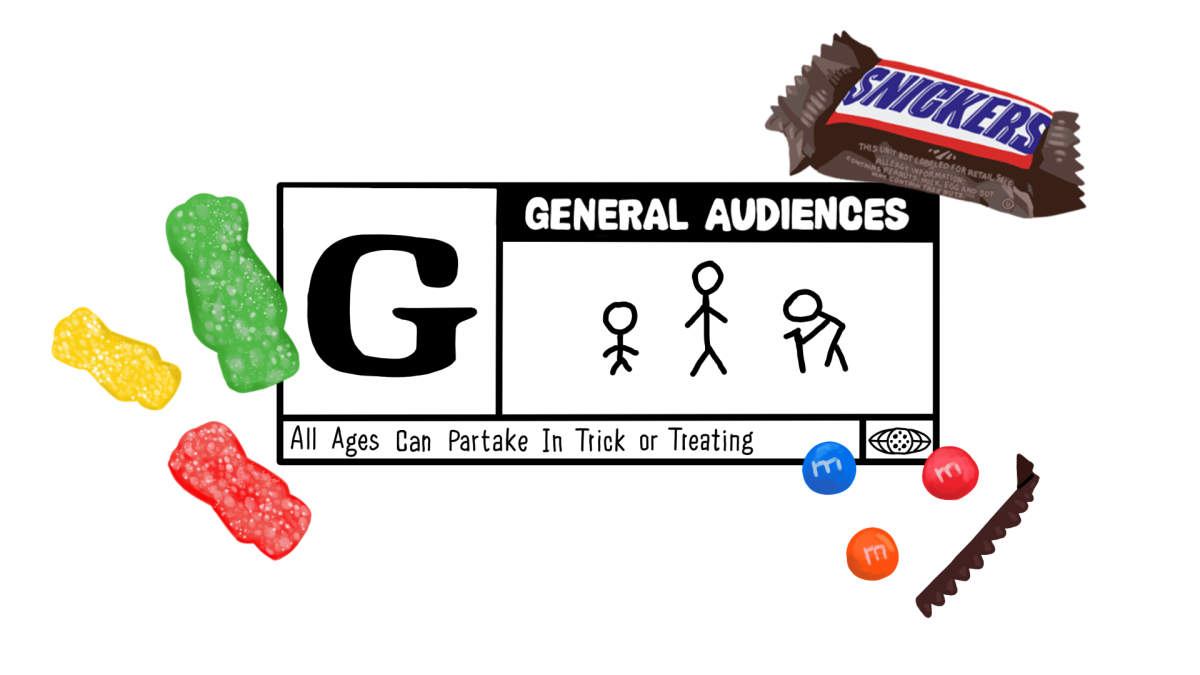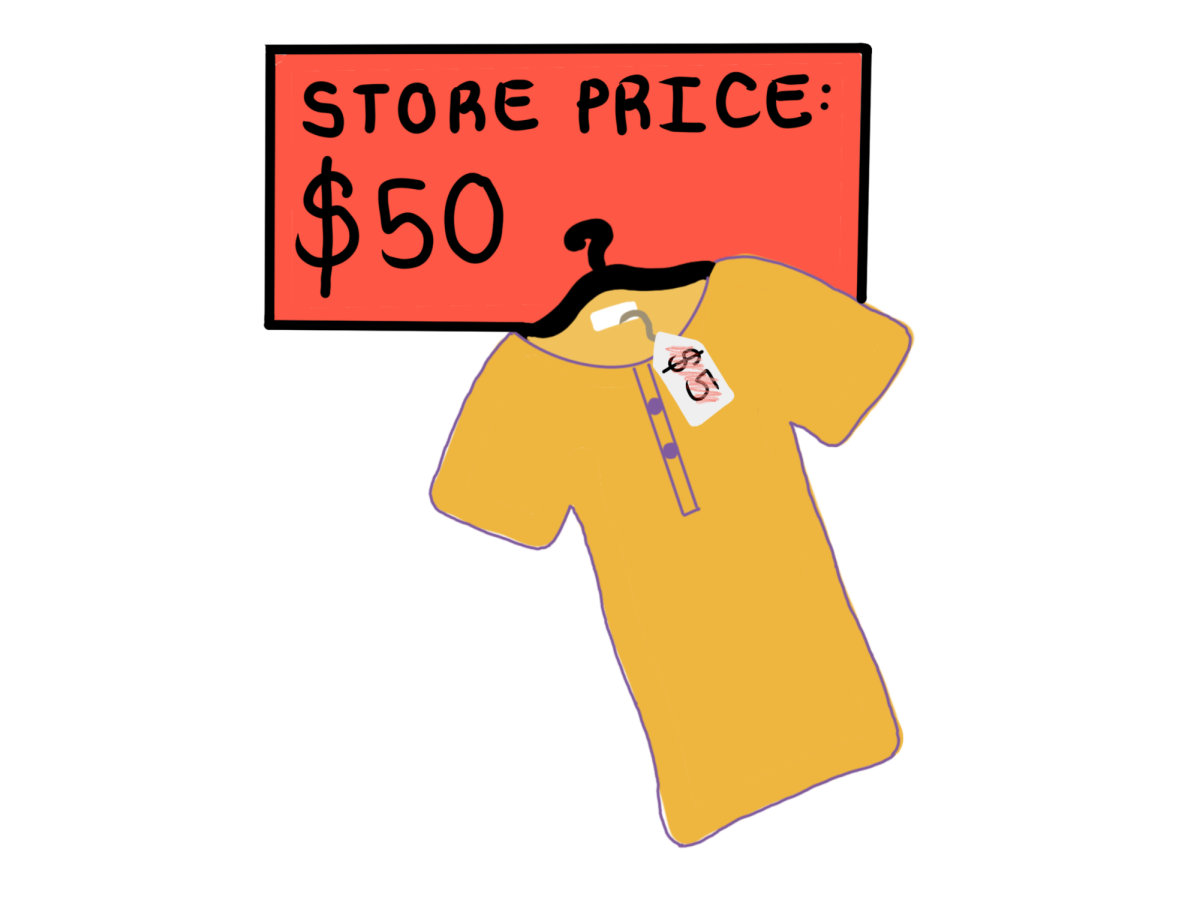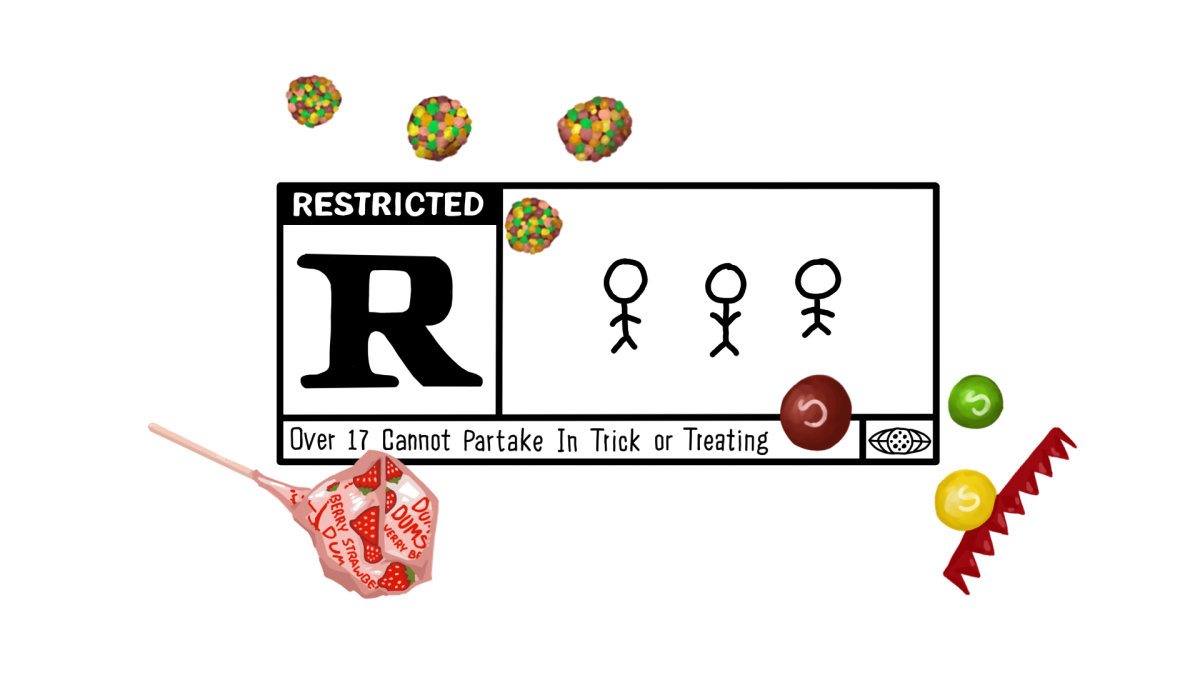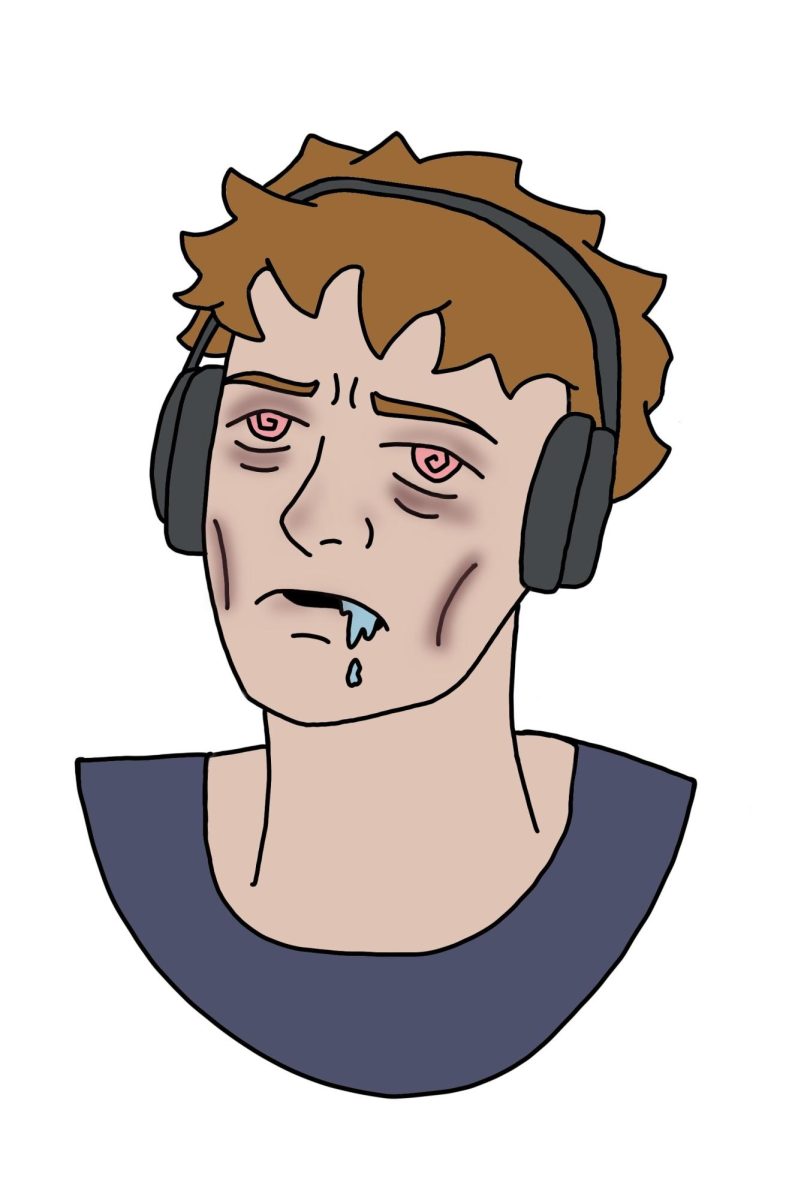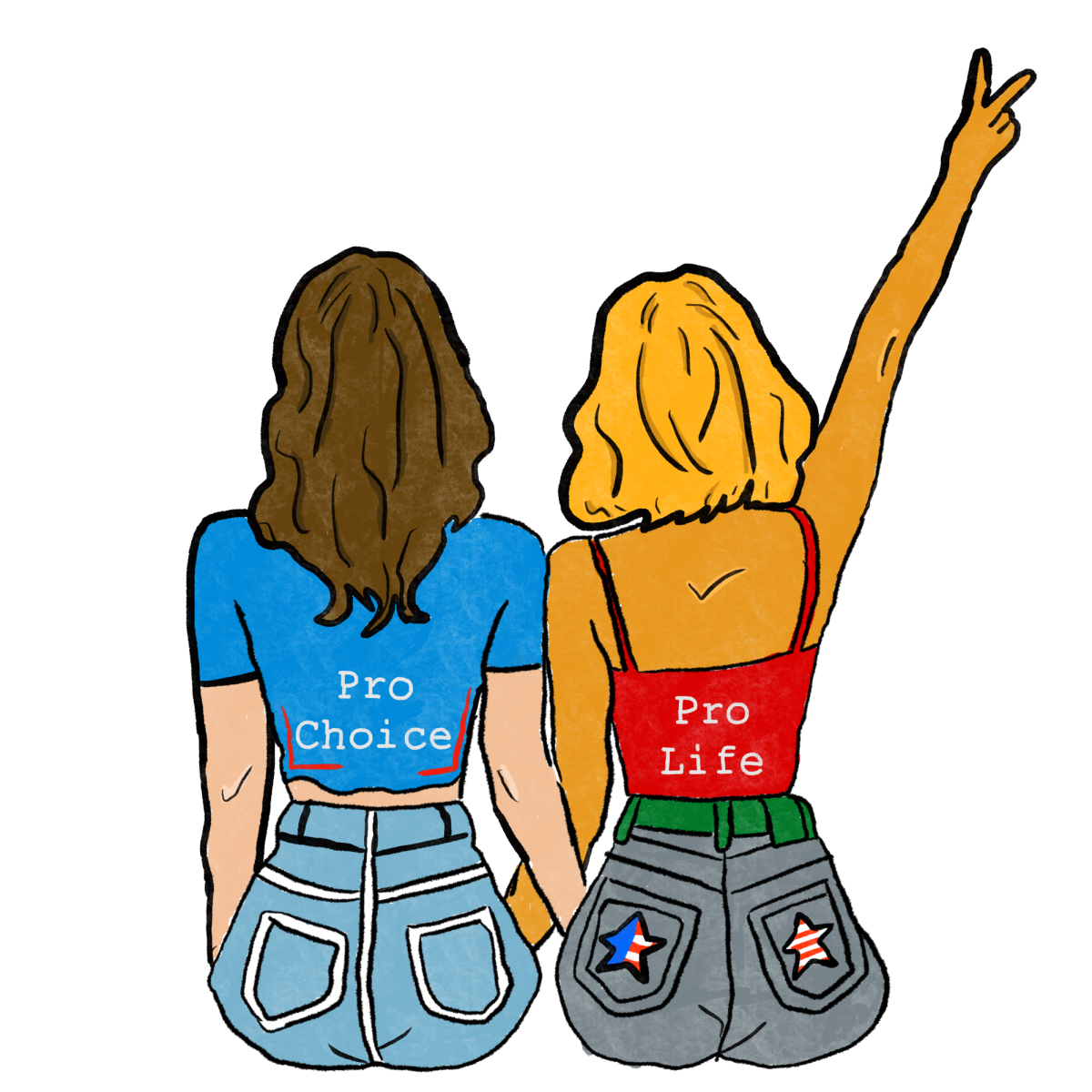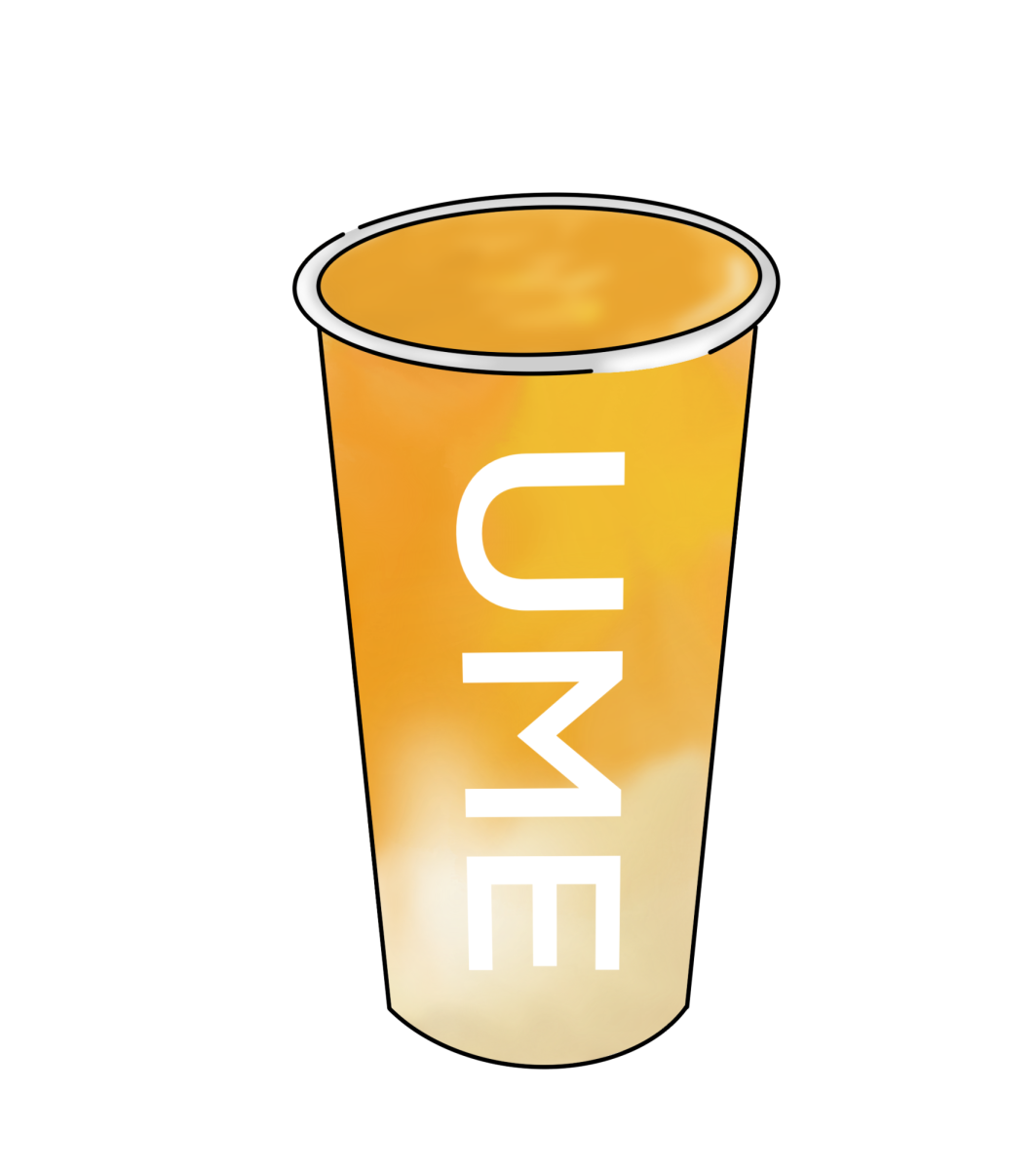Picture this: you are eating your lunch and your friend casually calls you a ‘big back.’ Without thinking much of the remark, you both laugh it off.
Many students have implemented the usage of slang words into their daily vocabulary due to its prevalence and the culture in a school setting – without recognizing the meaning behind it when talking with others. While some slang words such as “slay,” “cooked” or “rizz” can be funny, relatable and uplifting, others such as “SPED,” “Edgar” or “big back” have a more negative connotation that can be detrimental to one’s self-perception, mindset and spread a biased opinion throughout the school. After slang’s popularization on social media platforms such as TikTok and Instagram, many feel compelled to use this lingo to fit in with peers. However, slang terms such as “SPED,” “Edgar” or “big back” have not only reinforced stereotypes, but also contributed to negative labels that can affect how students perceive themselves. As offensive slang is becoming more popular, it is important for students to be cognizant of this distinction and use slang mindfully.
For instance, the term “SPED” was originally used as an abbreviation for the special education class, but has now become an insult to describe people part of the special education community. This term has been normalized to the point where students use it when their friends or themselves make simple mistakes, or if they notice someone different. By using this term, students are ultimately perpetuating ableism, reducing people to the offensive stereotype that disabled people lack intelligence, capabilities and are ‘weird.’ This idea can cause students to stigmatize disabled people and the stereotypical impression of disabled people can be perpetuated among more students. Furthermore, the students who are being called this term may perceive themselves as fitting into these stereotypes, which can lead to multiple insecurities and negatively impact their mental health. As someone with a disabled sibling, I find it demoralizing for people to perceive disabled people in this way, not knowing how many obstacles disabled individuals have to face on a daily basis.
Additionally, usage of this slang can contribute to mental health disorders. During our adolescent years, we can be prone to take things the wrong way, and our confidences can be fragile. Around 50% of young adults are prone to facing low self-esteem, body dysmorphia, anxiety, depression and multiple other mental health issues. For example, the term ‘big-back’ typically means to call someone overweight because of how much they eat. A student who does not understand that this is a slang term might take it personally and become more self-conscious or develop serious mental health disorders. Regardless of if a student recognizes the ‘joke’ it could still exacerbate self-image and can promote an unhealthy relationship with their body.
Slang terms are a common part of school culture and shape students’ mindset in a positive or negative way. Students have normalized derogatory slang and labels to the point that they are frequently used in our vocabulary. Although this language may be awkward to call out, can feel isolating to those who do not use this language and may not affect some students, it is important to recognize the meaning of these terms and to use them cautiously.


